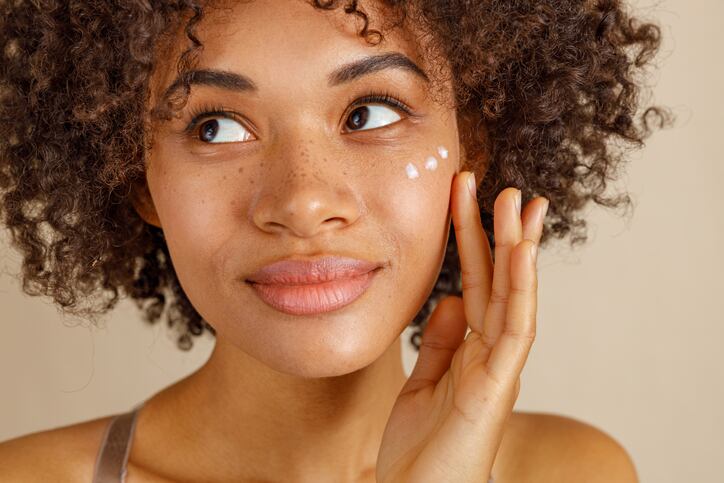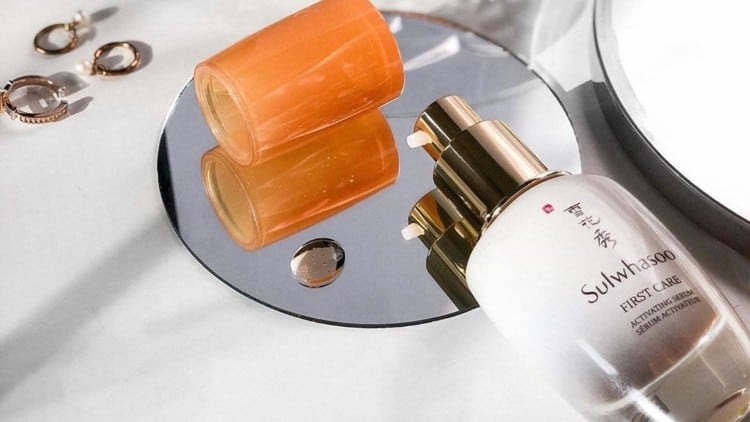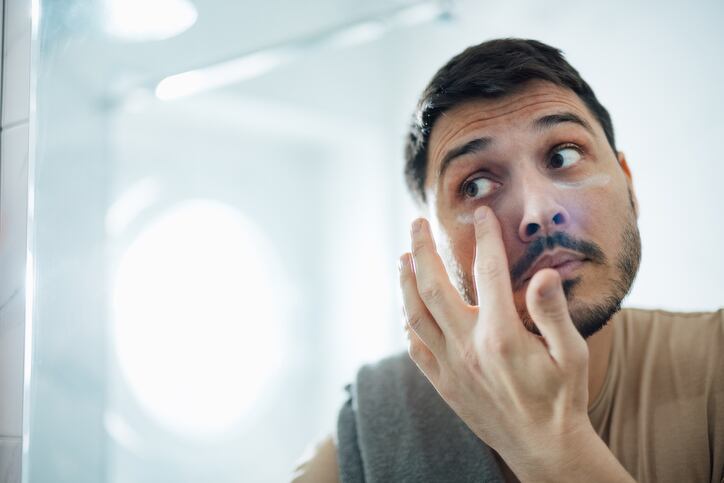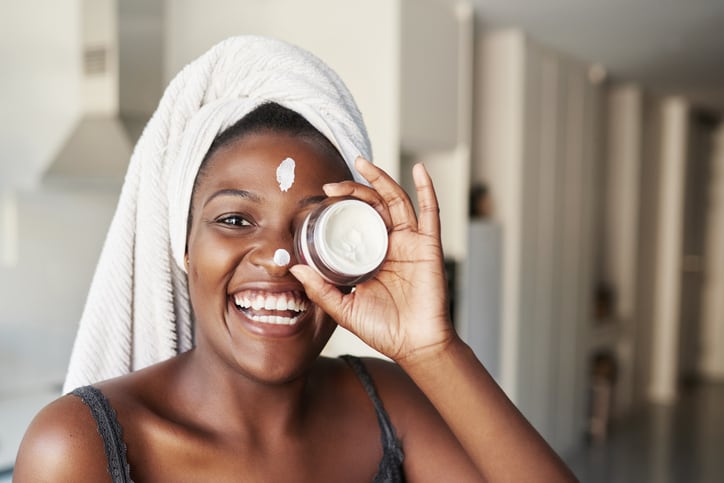Yesterday, the European consumer goods giant reported net sales of €60.07bn for the full year 2022, up 14.5% on the previous year. Unilever generated €14.61bn of this in the fourth quarter (Q4), with net sales up 11.4% on Q4 2021. Net profit for the full year was up 24.9% on 2021 at €8.26bn.
Beauty & wellbeing, a business division recently distinguished from personal care as a separate division, generated the lion’s share of growth for Unilever in 2022 with net sales up 20.8% at €12.25bn. This was followed by net sales growth in home care rising 17.3% to €12.4bn and net sales in personal care rising 15.9% to €13.63bn. Unilever’s ice cream and nutrition businesses reported net sales increases of 14.8% and 6.1%, respectively.
Regionally, the Americas region reported strongest net sales growth for the full year, up 24.1%, followed by Asia Pacific and Africa up 13.4% and Europe up just 2.9%. Net sales in Europe were down 0.4% in Q4 – the only region registering declines in the last quarter.
‘Bolder and more rapid decision-making’
Alan Jope, CEO of Unilever, said the company delivered “strong top line growth” despite challenging macroeconomic conditions.
“We have made further progress in the transformation of Unilever and continued to deliver against our strategic priorities,” Jope said. “Our new operating model is already unlocking a culture of bolder and more rapid decision-making with improved accountability (…) We are increasingly realising the benefits from the reshaped portfolio, accelerated savings delivery and improved execution.”
Speaking to analysts in the company’s earnings call, he added: “It’s still early days for the new model, and we’re cautious to avoid declaring victory too early in what is a very substantial change for the company. But I must say, the first six months have gone very well. We’re already seeing benefits in the speed that decisions are being made.”
The CEO said each of the five business units was now “capable of growing faster than Unilever’s historical growth rate”, with differentiated approaches based on geographical footprints, consumer targets and operating channels.
“Our primary focus is on organic growth, and acquisitions will be focused and disciplined mainly, though not exclusively, in beauty and wellbeing,” he said. Disposals to “prune the portfolio” would also continue where needed across all units, he said.
Graeme Pitkethly, CFO of Unilever, told analysts some of this had already happened, with 5,000 SKUs delisted and 50-60 local brands discontinued across the personal care division worldwide, representing less than 1% of overall division sales.
Innovation in Unilever’s €1bn+ brands
Jope said Unilever clearly had “good momentum” coming out of 2022 – an “important year” for the business.
“We navigated levels of commodity cost increases that we’ve not seen in a generation, taking price increases responsibly to protect the shape of the P&L [profit and loss] and thereby enabling us to continue to invest in our brands,” he said.
The CEO said Unilever’s ‘€1 billion plus club’ brands, up 11% collectively in 2022, remained the company’s focus for innovation and investment – a portfolio of 14 brands with Lifebuoy joining this year that now represented 53% of group turnover. Growth amongst these brands, he said, was being underpinned by “bigger, better innovation and a relentless focus on functional product superiority”.
Jope said investment would also continue elsewhere in the business, beyond these €1bn+ brands, with the “biggest beneficiary of increased investments” most likely to be the beauty and wellbeing division.
Business in 2023 – cost inflation to continue
Looking ahead to 2023, Pitkethly said: “We will continue to increase investment behind our brands, while managing the inflationary pressures, which will persist. We expect to, again, increase levels of investment in brand and marketing investment, in R&D, and in capital expenditure. We’ll continue to deliver the benefits from our new operating model with continued cost discipline and high savings delivery. Overall, we expect a modest increase in underlying operating margin for the full-year.”
Cost inflation, however, would remain a “key theme” in 2023, and so managing the trade-offs between price, margin and competitiveness would continue as the cost landscape evolved, he said. Inflation in production and logistics would also continue, though likely slow, mainly from labour and energy increases, he said, and so carryover pricing would also be supplemented with further price rises where needed.




